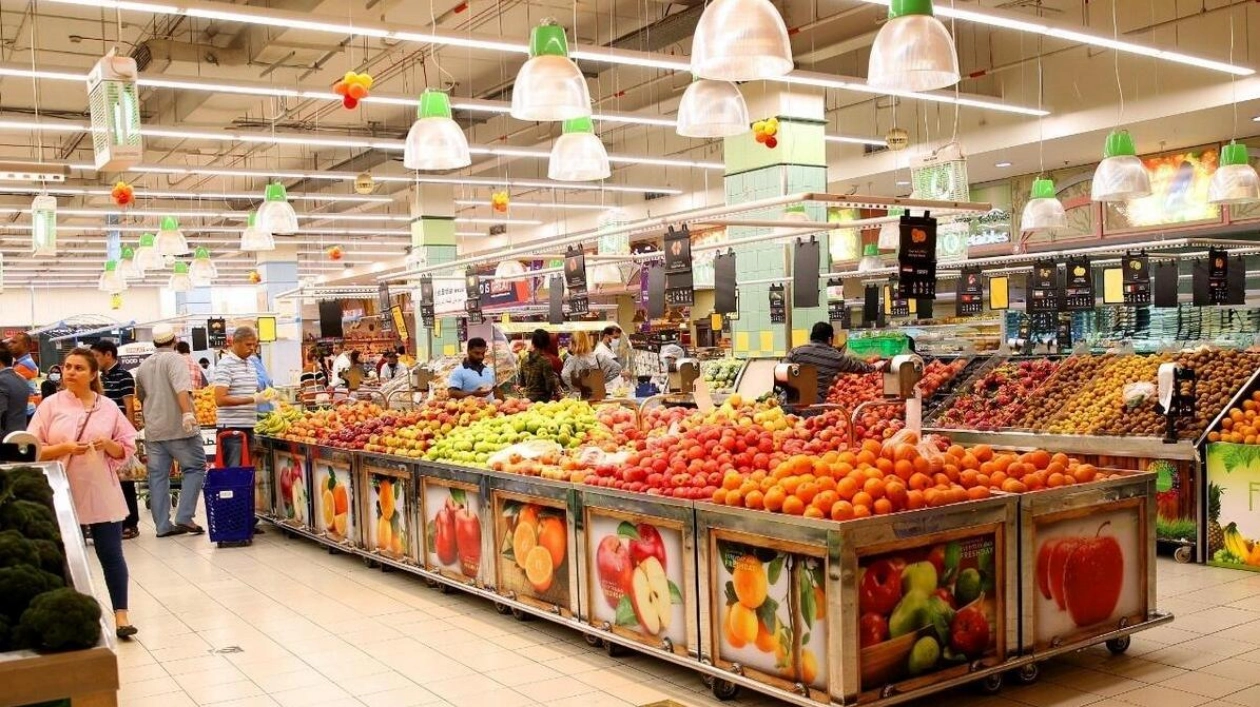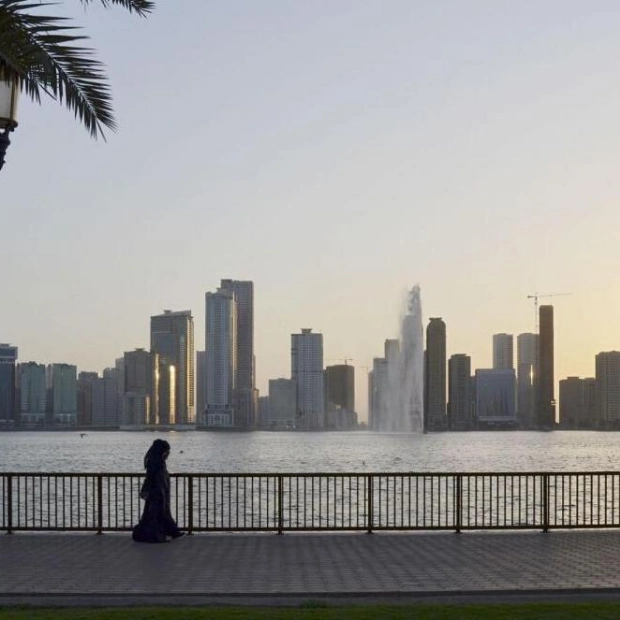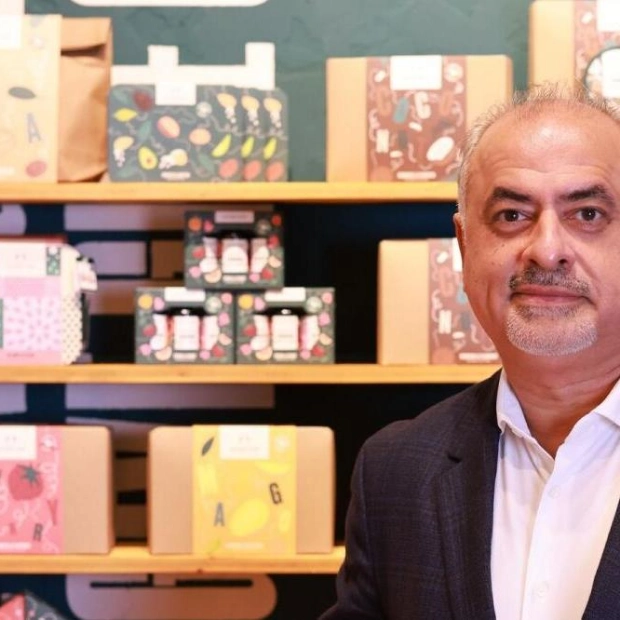Grocery retailers in the UAE and Saudi Arabia find themselves at a pivotal juncture as market competition and evolving consumer behavior are set to redefine the sector's landscape.
The UAE's grocery retail market, currently valued at approximately $40 billion, is projected to grow at a compound annual growth rate (CAGR) of about 6.5% over the next five years, according to a recent study. Meanwhile, Saudi Arabia's market, valued at around $62 billion, is expected to see a CAGR of 4.2% over the same period, as highlighted in a comprehensive report by Oliver Wyman, a leading global management consulting firm.
The Oliver Wyman Customer Perception Map (CPM) survey, which has been tracking customer perceptions and habits in mature Western markets for years, now includes the UAE and Saudi Arabia for the first time. This survey aims to assist grocery retailers in understanding customer perceptions and developing strategies for success. The survey revealed that value is the most significant factor influencing consumer choices, with 53% in the UAE and 51% in Saudi Arabia citing it as the primary reason for their shopping decisions. Additionally, 'quality' is more important in the UAE (20%) compared to Saudi Arabia (18%), while 'range' is the second most crucial factor in Saudi Arabia (20%) versus 18% in the UAE.
Consumers in both countries show a strong preference for discount models, with 70% in Saudi Arabia and 60% in the UAE expressing interest in such formats. For those familiar with Aldi and Lidl, over 90% in Saudi Arabia and 75% in the UAE would shop at these stores if they were available locally. Alexander Poehl, a retail and consumer partner at Oliver Wyman, emphasized the need for regional retailers to learn from Western models to prepare for the potential impact on their margins.
Despite the substantial market sizes, the report warns against complacency. Both the UAE and Saudi Arabia's retail sectors are on a trajectory similar to mature Western markets, with increasing saturation necessitating more differentiated offerings. In the UAE, competition is already intensifying, while Saudi Arabia still has significant growth potential through expansion. However, retailers in both countries need to start implementing differentiation strategies now to secure their future success.
The report identifies three winning concepts likely to emerge from the expected wave of consolidation: discount retailers, offer specialists, and well-adapted incumbent retailers. Additionally, the high interest in local products presents an opportunity for offer specialists, with over 90% of customers in both countries seeking local fruits and vegetables. The young, diverse, and tech-savvy populations in Saudi Arabia and the UAE offer a significant opportunity for innovative retailers to cater to their specific needs.
Joe Abi Akl, a partner and head of Oliver Wyman's retail and consumer practice for India, the Middle East, and Africa (IMEA), emphasized the importance of adapting to shifting consumer preferences and rising competition. Retailers must assess their market position, embrace new technologies, and develop a strategy based on differentiation to ensure long-term success.
The survey included over 20 UAE grocery retailers and 15 Saudi Arabia retailers, representing various formats both online and offline. Oliver Wyman surveyed a representative sample of 1,000 people in the UAE and 1,200 in Saudi Arabia through an online questionnaire between February 22 and March 19, 2024.
Source link: https://www.khaleejtimes.com






